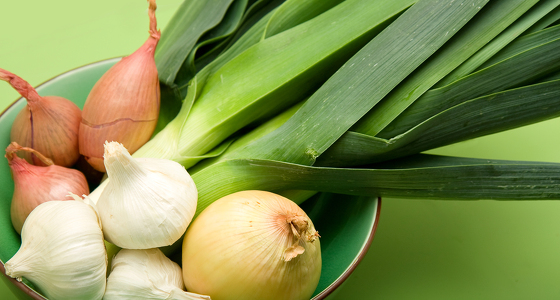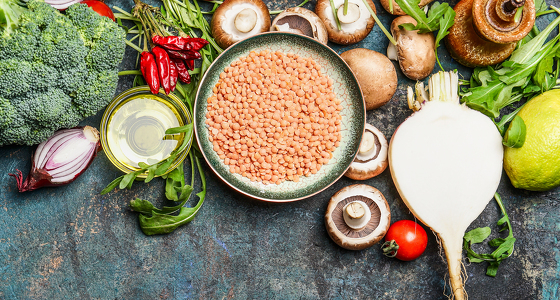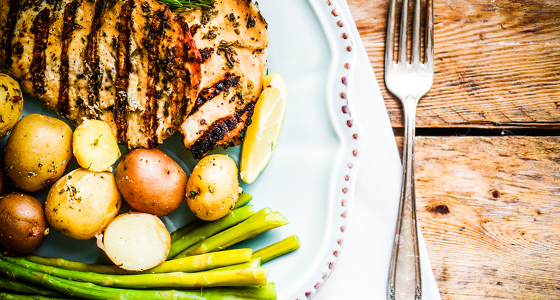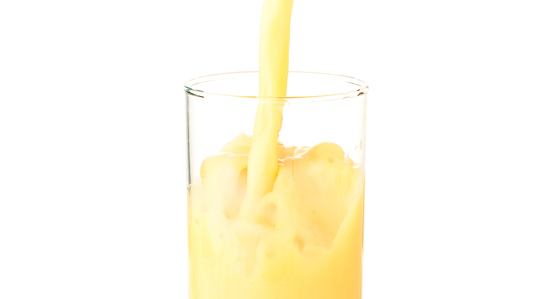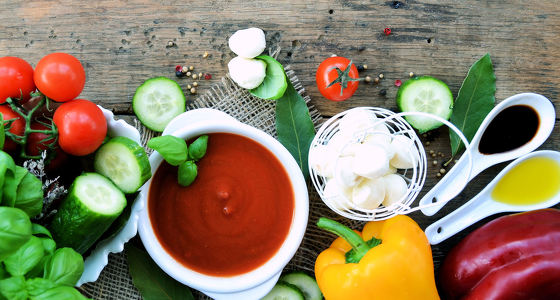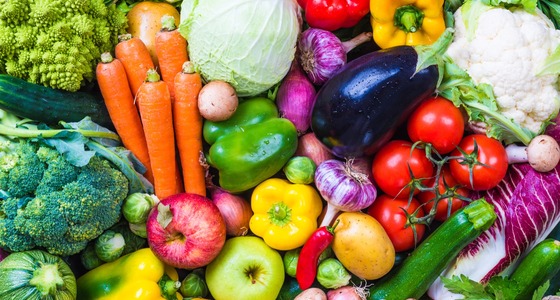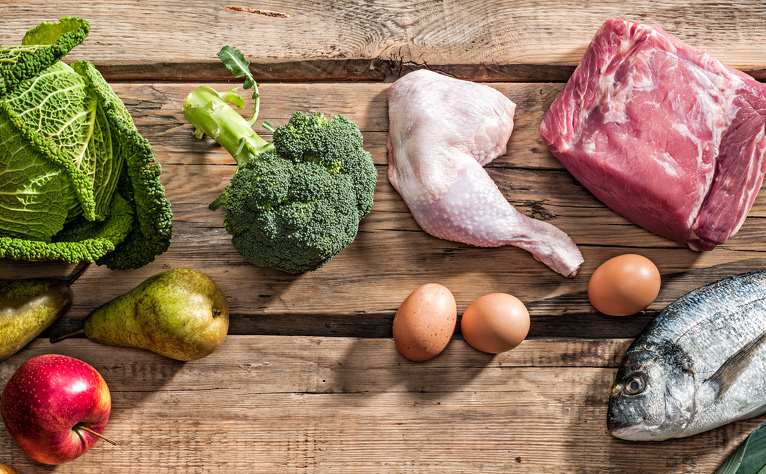
The rules of the paleo diet are pretty simple. If you can’t kill it, dig it from the ground or pull it from a tree, you can’t eat it. These rules take us back to what our ancestors would have eaten in paleolithic times. This way of eating encourages us to cook from scratch, use seasonal produce and ditch refined processed foods that can be detrimental to our health. Your protein and fibre intake will naturally increase and this should help you to feel full and energised.
When we think back to how we have evolved as humans it is quite remarkable how technology and science have moved on so quickly. We were a species that learnt to survive on a diet of wild animals and plants for thousands of years. The foods we consumed varied depending on our geographical location and climate. It wasn’t until the beginning of the 17th Century when the agricultural revolution hit England1 that our diets began to change more rapidly and we were introduced to manufactured foods. Unfortunately our bodies aren’t able to keep evolving at the rate technology evolves, meaning we haven’t necessarily adapted to the new foods that we now consume.
Our ancestors before the revolution lived on minimally processed foods, as they simply didn’t have the technology we have to create the foods that are now available to us 24/7. Thousands of years ago Tesco didn’t exist and access to dairy sources from other animals, cereals, refined sugars, vegetable oils and alcohol2 just weren't available.
A paleo diet excludes:
Followers of the diet are encouraged to eat food made from scratch out of quality, organic ingredients
You can eat:
A paleo diet can feel very restrictive but you don’t have to follow the principles all of the time. Many people will follow the diet for 80-90% of the time.
The benefits of a paleo diet and IBD have not been widely studied therefore it is difficult to know what effect it will have on your IBD symptoms.
A paleo diet does remove a lot of inflammatory foods from your diet and IBD is an inflammatory disease.
Some people who follow the diet have reported they have more energy and have gone into remission while on the diet - however, it’s important to remember that these are anecdotal stories not backed by medical evidence.
